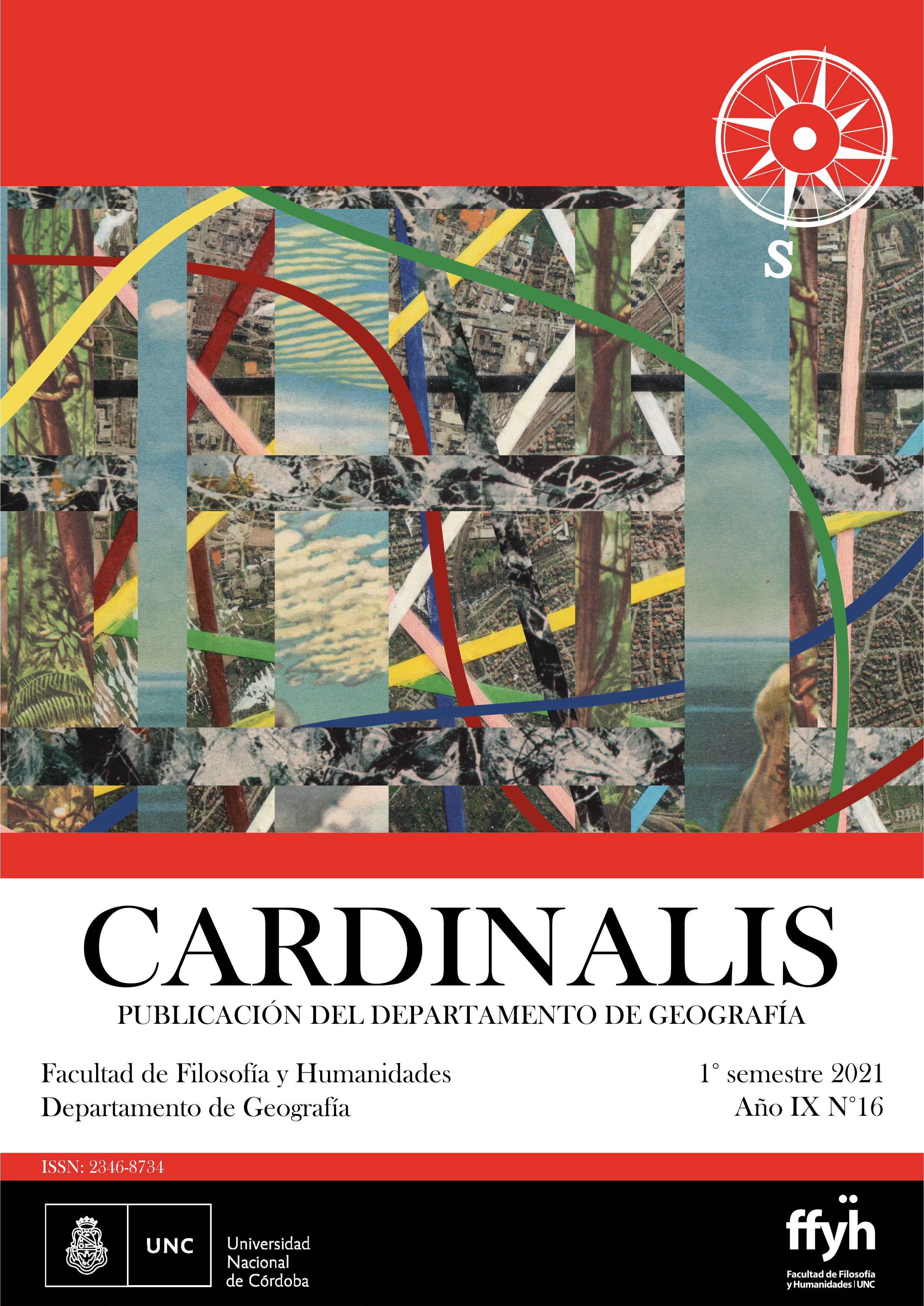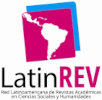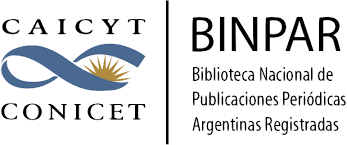The right to the city in the south of the City of Buenos Aires: a look from the link between the slum movement and the local government in Villa 20 (2007-2015)
Abstract
This paper aims to address the reappropriation and resignification of the right to the city concept in the struggle for the (re)urbanization of the so-called Villa 20, one of the most important informal neighborhood of the City of Buenos Aires, between 2007 and 2015. In this sense, the main hypothesis is that the repertoire of action of its inhabitants throughout these years -but also the one rehearsed in previous decades-, favored their constitution as legitimate interlocutors for the City of Buenos Aires Government; circumstance that underpinned, in 2015, the formalization of a new urban & social integration proyect of this informal neighborhood into the formal city. Beyond the advances and setbacks in the course of the implementation of this (re)urbanization project at present, the organizational capabilities of Villa 20 inhabitants appears as a way of materialization and territorialized resignification
-through their concrete actions, their contradictory links with state agencies and their constitution as political subjects- of the struggle for the right to the city for a part of the population which is denied the land and housing access in one of Latin American South Cone richest metropolis.
Downloads
Downloads
Published
Issue
Section
License

This work is licensed under a Creative Commons Attribution-NonCommercial-ShareAlike 4.0 International License.
Aquellos autores/as que tengan publicaciones con esta revista, aceptan los términos siguientes:- Los autores/as conservarán sus derechos de autor y garantizarán a la revista el derecho de primera publicación de su obra, el cuál estará simultáneamente sujeto a la Licencia de reconocimiento de Creative Commons (indicada abajo) que permite a terceros compartir la obra siempre que se indique su autor y su primera publicación esta revista.
- Los autores/as podrán adoptar otros acuerdos de licencia no exclusiva de distribución de la versión de la obra publicada (p. ej.: depositarla en un archivo telemático institucional o publicarla en un volumen monográfico) siempre que se indique la publicación inicial en esta revista.
- Se permite y recomienda a los autores/as difundir su obra a través de Internet (p. ej.: en archivos telemáticos institucionales o en su página web) antes y durante el proceso de envío, lo cual puede producir intercambios interesantes y aumentar las citas de la obra publicada. (Véase El efecto del acceso abierto).

Esta obra está bajo una Licencia Creative Commons Atribución-NoComercial-CompartirIgual 4.0 Internacional.






